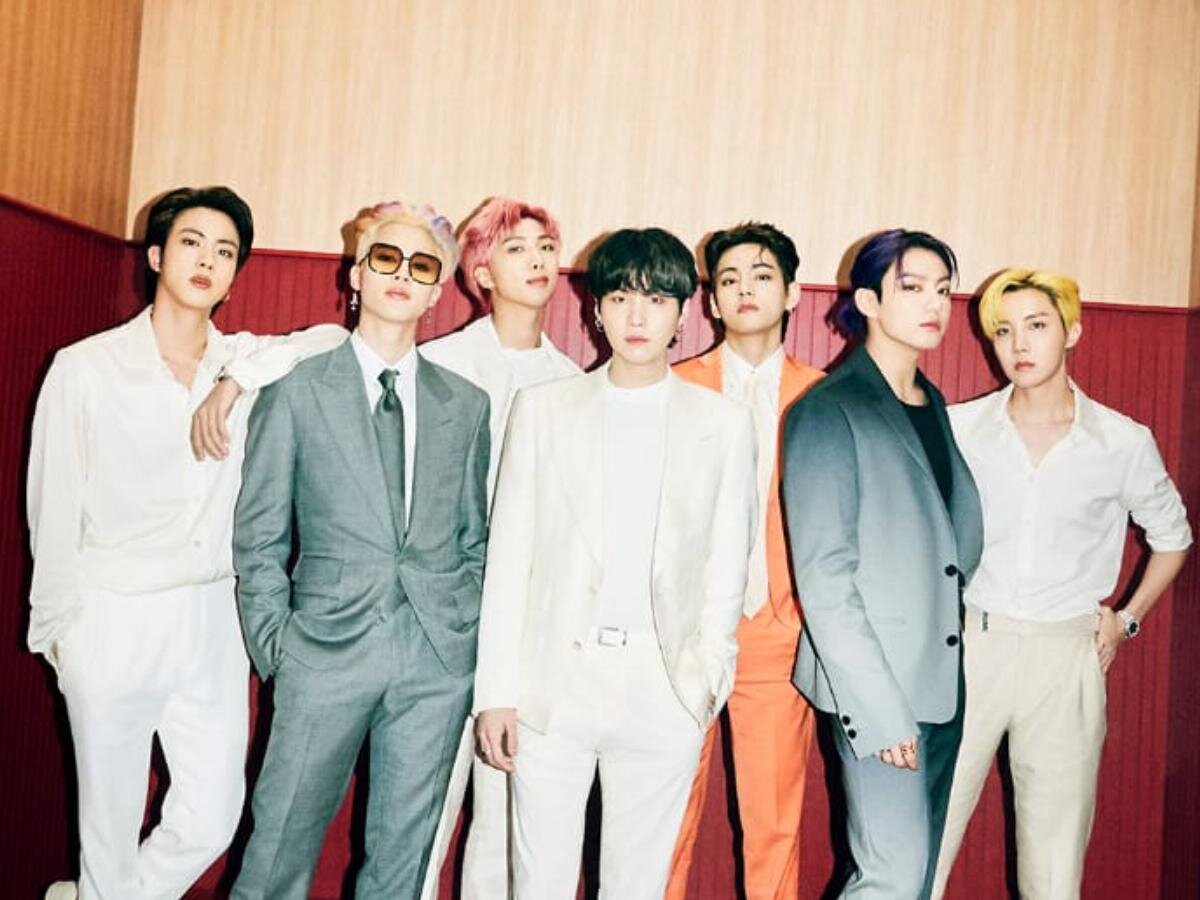Asian Artistry, Western Media, and how the biggest Asian sensations grapple for the bare minimum
“It goes unnoticed,” my best friend tells me one fine night, after making the revelation that perhaps BTS has helped her overcome the internalized stereotypes we all are guilty of harboring towards artistry. Asian music, art, and literature touch every nuance of our Asian lives. They speak of complicated familial love and even more painful complexities of traditions, religion and culture. They sing about the loss of passion and the sacrifice of dreams. They write, sometimes in painfully beautiful detail, about the lingering emptiness within immigrant children as they can't find their culture in their new homes.
They lay their hearts bare in music and words with a force strong enough to move the world.
Yet the first artistic influence that falls on our palms are Western albums and classics. We’ve seen their successes marked in history. We’ve heard of the western awards swooped away by Asian artists. But perhaps it has taken us years to connect—to feel their struggles and hum their stories. Yet, even after a baggage of struggle stories and bone-crushing hard work, what comes in the media is a simple but blindsiding half-truth—Asian artists break the Western market, and it is oh-so surprising to them.
Here’s something that conversation had me thinking:
do we really know the stories of the blatant xenophobia, rigged awards, and inexcusable radio skips of these artists? Do we understand the magnitude of their struggles? Do we find the truth until years later when it is narrated in a random interview?
In short, it goes unnoticed. Perhaps because these struggles hit too close to home- these arts unravel stories and paint pictures that are identical to the ones our lives have painted for us. Perhaps that is why, in today’s slang, we ‘get’ into K-Pop and other Asian music genres, but we have been under Western artistic influence before we were even potty-trained.
This conversation with my best friend has stuck around with me for weeks. I kept thinking: maybe that is what BTS has meant through their music. Maybe that’s what the ‘Lonely Whale’ of Whalien 52, the ‘Namib Desert’ of Sea, and the ‘Brilliant, Fearful Artist’ of Black Swan have been saying. It goes unnoticed.
Long overdue apologies are buried under the rubbles of frequent praise and false lavish promises of awards and stages.
As someone who has followed Asian music for years through Bollywood and now as a BTS Army, I have realized that this is the stinging reality. The glorification of Asian artistry comes with years of combating xenophobia hidden throughout their journey. It takes years before success is received for an Asian artist. It takes even longer to earn respect. And amidst the busy road to success that inherently passes through the Western media, there’s still so much space for impulsive xenophobic taunts, half-hearted applauds, and the constant refusal to let these cultures take up space.
Asian artistry is not just an aesthetic. It is not a place for mockery. It is not a show filler between the Grammys, and neither is it an instrument of Western humor at the Oscars. It’s culture.
It is years of emotions poured into art forms. The way art is art before the audience sees it, music is music far before it is chosen to be sensationalized. And maybe this article is tossed away because come on, BTS is already the biggest sensation, what more does she want? But this isn’t just about them. This is also about the 13-year-old me furtively listening to Bollywood classics instead of Bieber’s hits. This is about the silence that rolls off our tongues when we’re asked to name famous Asian artworks. It is about the ignorance towards Asian representation in the present, and the vivification of our names only in dusty history books. This is for all the Asians who worked twice as hard to hear two cheers.
Let it all be seen. Let art be seen.
Let us be seen.

